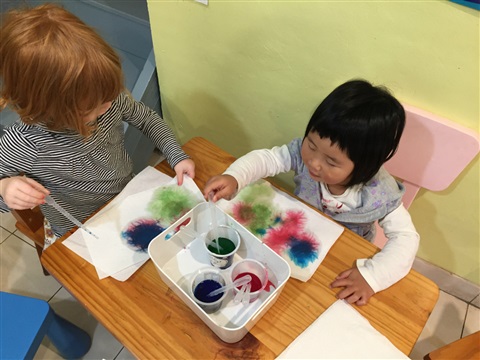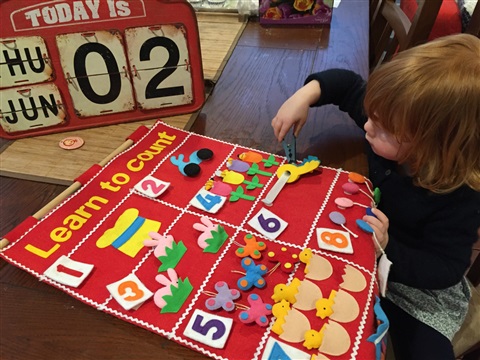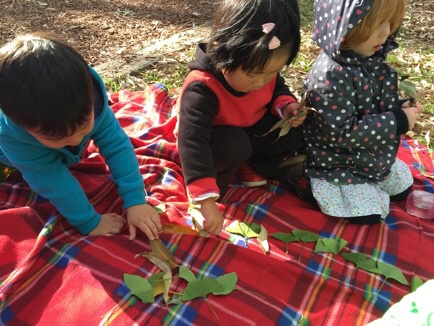Our Curriculum
In early childhood settings, the term curriculum means 'all experiences, activities, routines and events, planned and unplanned, that occur in an environment designed to foster children's learning and development' (DEEWR, 2009).
Jean Piaget saw children as active participants in their learning. As early childhood educators, our role is one of the support and coach. We should allow children to take the lead and engage them in a wide range of learning experiences. On the other hand, we should also use teachable moments to extend their learning. Lev Vygotsky believed that children's cognitive understanding is enriched and deepened when they are "scaffolded" by parent, teachers and peers. To provide opportunities for scaffolding, we engage in meaningful conversation with children, including using open-ended questioning, providing feedback, challenging their thinking and guiding their learning (EYLF, p15). Also, we group children with careful consideration, trying to provide opportunities for peer support.
Assessment is a critical component of the curriculum planning process. It not only includes gathering artefacts, conversations, ideas and displaying children's learning, but also the reflection on and analysis of the collection. At Happy Feet Family Day Care, we collect, document and analyse children's learning through various methods to create an authentic assessment. It includes:
Narratives
Narratives can document the experience and learning of one child or a group of children. These methods are 'open-ended, enabling educators to record all behaviours, not just specific aspects of development' (Martin, 2010).
Samples
Collection of children's work samples includes children's voices in the documentation of their experiences and learning.
Language transcripts
Language transcripts include children's voices, perspectives and relationships with others. They support sociocultural and poststructuralist approaches to curriculum.
Visual representations
Visual representations are easy to use and provide a vivid wealth of information. It assists educators to share children's learning experiences with families in easy and accessible ways and also can be used in narrative observations.
We also communicate with families regularly to gain feedback. Through these, we build a holistic view of children's current interests, strengths, emerging skills and needs.
Based on the assessment of children's learning and reflection, we then extend their learning in the following week by providing a wide range of learning experiences.


